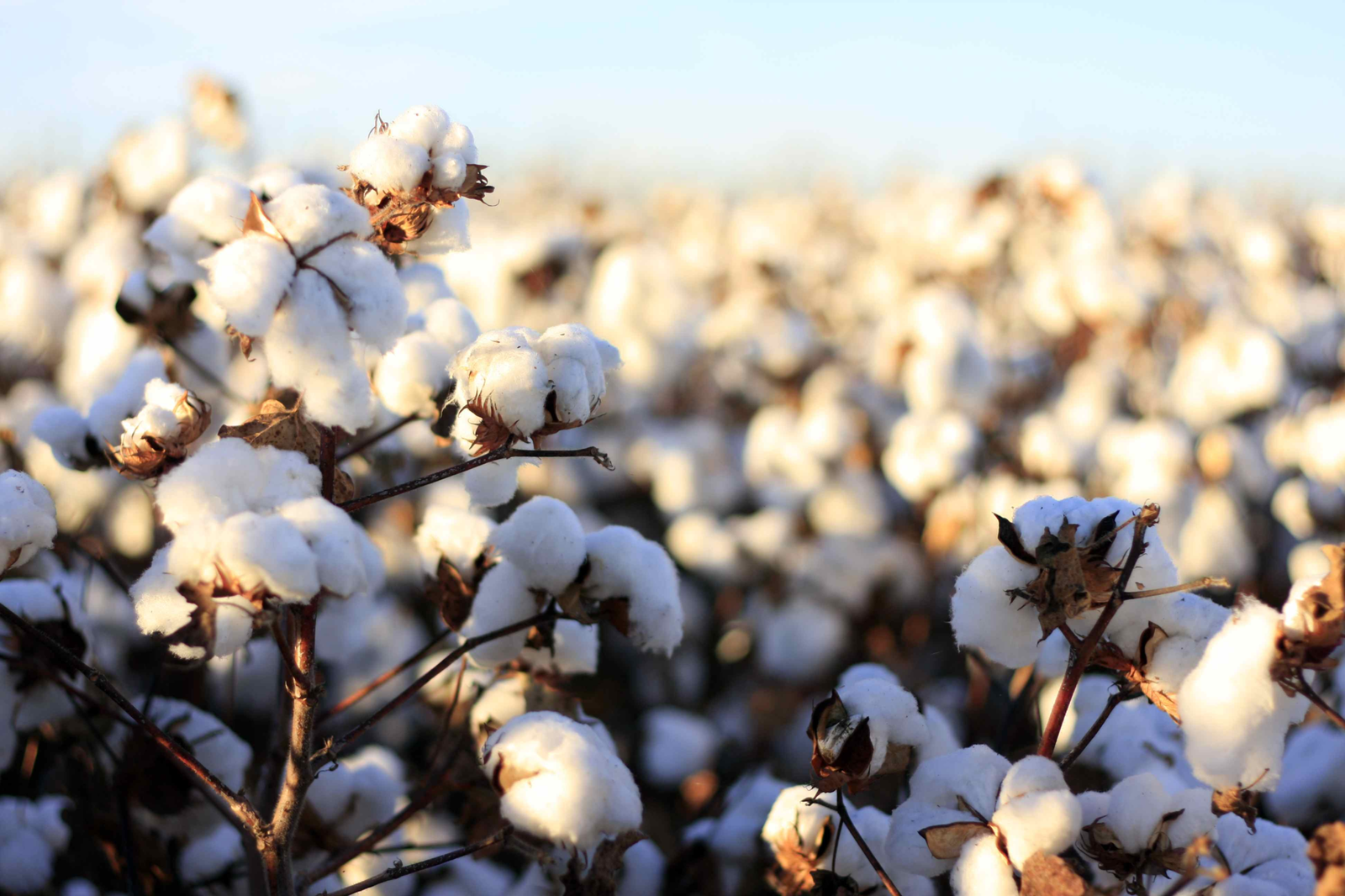In the hospitality industry, guest comfort is everything. One of the things that makes a guest feel great is hotel slippers. From high-end luxury resorts to budget-friendly places, the right slippers make your guests happy and set you apart from your competition. As a B2B buyer, you need to know how to select the right supplier and what to look for in hotel slippers.
In this guide, you’ll learn how to buy slippers for your hotel. We’ll cover everything from materials to customization options, quality control, and working with manufacturers.

Why Are Hotel Slippers Important?
Hotel slippers serve several purposes:
- Hygiene: Slippers provide a barrier between your feet and the floor. This is especially important in places like hotel rooms and spas where people share space.
- Comfort: Good slippers feel great on your feet and make your guests happy. Happy guests come back to your hotel.
- Luxury: If you run a luxury hotel or spa, you want to provide high-end slippers to your guests. This adds to the overall experience and the image of your hotel.

- Branding Opportunity: Slippers are a great way to reinforce your brand. You can get slippers with your logo on them. When guests see your logo on their slippers, they remember you.
For B2B buyers, understanding why slippers are important to the guest experience is the first step to making a great buying decision.
Types of Hotel Slippers
There are different types of slippers made specifically for hotels. Each type of slipper serves a different purpose. You need to choose the right slippers for your hotel based on the type of hotel you have, the time of year, and what your guests like.
1. Open-Toe Slippers

- Great for: Warm climates, summer, poolside or beach hotels, and spas.
- Advantages: Open-toe slippers are breathable. They’re easy to slip on and off. They’re perfect for relaxation areas.
- Material Options: Cotton, terry cloth, or microfiber.
2. Closed-Toe Slippers

- Ideal for: Cooler climates, luxury hotels, or hotels that want to make their guests feel comfortable.
- Advantages: Closed-toe slippers provide more coverage and warmth. They are often seen as more luxurious. You can use them year-round.
- Material Options: Terry cloth, velour, microfiber, and cotton blend.
3. Spa Slippers
- Ideal for: Spas, wellness centers, and high-end resorts.
- Advantages: Spa slippers are designed for comfort and durability. They are water-resistant for use in the spa or pool area.
- Material Options:EVA soles for water resistance and terry cloth uppers for a soft feel.
4. Disposable Slippers

- Ideal for: Budget hotels, short-stay accommodations, high-turnover guest rooms.
- Advantages: Disposable slippers are cheap. They’re hygienic. They’re convenient for guests to use once and throw away.
- Material Options: Non-woven fabric, paper, lightweight terry cloth
5. Luxury Slippers

- Ideal for: Five-star hotels, premium suites, executive guest rooms.
- Advantages: Luxury slippers are made with high-end materials. They have plush padding. They feel luxurious.
- Material Options: Velour, plush cotton, memory foam soles.
Key Considerations for B2B Buyers
1. Material Selection
You want to choose the right material for guest comfort and durability. Here are some common materials used in hotel slippers:
- Terry Cloth: Soft and absorbent, terry cloth is a popular choice for spa slippers.
- Velour: This material feels more luxurious and is often used in higher-end hotels.
- Microfiber:Lightweight and quick-drying, microfiber is great for spa and pool areas.
- Non-Woven Fabric: This material is often used in disposable slippers because it’s cheap and lightweight.

- Memory Foam Soles: These add an extra layer of comfort and are great for luxury hotels.
When you’re choosing your materials, you want to think about the comfort of your guests and the durability you need for your hotel environment.
2. Customization and Branding
Hotel slippers are a great opportunity for branding. You can customize your slippers with your hotel’s logo, colors, or design to help people remember your brand and give your guests a personalized experience. Here are some common customization options:
- Logo Printing or Embroidery: You can put your logo on the upper or insole of the slipper to make it look more professional.
- Color Matching: You can match the color of the slippers to your hotel’s branding.
- Packaging: You can offer your slippers in custom packaging, such as drawstring bags or gift boxes, to add a touch of luxury. Custom branding can help make a lasting impression on your guests, turning a simple slipper into a brand ambassador.

3. Comfort and Size Variety
Comfort is a must when it comes to hotel slippers. Your guests want slippers that are easy to put on, soft, and well-padded. Also, offering different sizes will help ensure that all your guests, regardless of foot size, can find a pair that fits comfortably.
Consider offering:
- Standard Sizes: One-size-fits-most designs for convenience.
- Large and Small Sizes: To accommodate a wider range of guests.
- Adjustable Slippers: Some slippers come with adjustable straps, which can make them more versatile.
4. Durability and Maintenance
Hotel slippers need to be durable enough to last through multiple uses (unless you’re buying disposable slippers). When selecting slippers, consider the following:
- Sole Material: EVA, rubber, or TPR soles are more durable and provide better traction, so they can be worn indoors or outdoors.

- Stitching and Seams:Good quality stitching and reinforced seams will help your slippers last longer.
- Water Resistance: If you’re buying slippers for a spa or pool area, look for slippers with water-resistant soles.
5. Eco-Friendly and Sustainable Options
As the hospitality industry moves toward sustainability, eco-friendly slippers have become more popular. If you’re an environmentally conscious buyer, you should consider:
- Recyclable Materials: Slippers made from recyclable materials, such as natural rubber or biodegradable fabrics.
- Organic Materials: Slippers made from organic cotton or bamboo-based fabrics are a sustainable and soft alternative to synthetic materials.

- Reusability: Durable slippers that can be washed and reused are better for the environment and reduce overall waste.
6. Cost Efficiency
Quality versus cost is always a big deal for B2B buyers. When working with manufacturers, you need to find the balance between the quality you want and the budget you have. Buying in bulk can save you a lot of money, especially when you buy directly from the manufacturer.
7. Supplier and Manufacturer Selection
Choosing the right supplier or manufacturer can make a big difference in your buying experience. When choosing a supplier, consider:
- Manufacturer Reputation: Work with manufacturers who specialize in hotel slippers and have a good reputation in the B2B space.
- Certifications:Make sure the supplier has the proper certifications for quality (like ISO or OEKO-TEX certifications for fabric quality and safety).

- Customization Capability: If you need branded or customized slippers, make sure the manufacturer has in-house customization capabilities.
- Lead Time and Delivery: Fast and reliable delivery is important, especially if you’re a high-turnover hotel. Discuss lead times and shipping options before you place your order.

8. Quality Control
Maintaining consistent quality in your slippers is important for guest satisfaction. To make sure the slippers meet your standards:
- Request Samples: Always ask for samples of the product before you place a bulk order so you can see the quality and comfort of the slippers.
- Quality Assurance Protocols: Make sure your supplier has quality assurance protocols in place to ensure every batch of slippers meets your expectations.

- Batch Inspections: Randomly inspect the slippers when they arrive to make sure the quality is consistent from order to order.
Building a Long-Term Supplier Relationship
Building a long-term relationship with a slipper manufacturer or supplier can provide you with several benefits, including:
- Consistent Pricing: When you have a long-term contract, you can often secure better pricing, especially when you’re buying in bulk.
- Customization Benefits: As your supplier gets to know your brand better over time, they can offer you more customization options.
- Faster Replenishment: A supplier you trust will be more responsive to your needs, which means they can get you more stock faster when you need it.
Open communication with your supplier, clear order specifications, and feedback on previous orders can help you maintain a productive partnership.

Conclusion
Selecting the right hotel slippers is about more than just choosing a comfortable design. For B2B buyers, understanding the various types of slippers, material choices, customization options, and supplier selection processes is crucial to making a purchase that aligns with your hotel’s brand and guest expectations.
Whether you’re running a luxury resort, a budget hotel, or a boutique establishment, investing in high-quality slippers will elevate your guest experience, reinforce your brand, and ultimately enhance guest satisfaction. By following this guide, you’ll be better equipped to navigate the complex world of hotel slipper procurement, ensuring you make informed and strategic decisions for your business.


